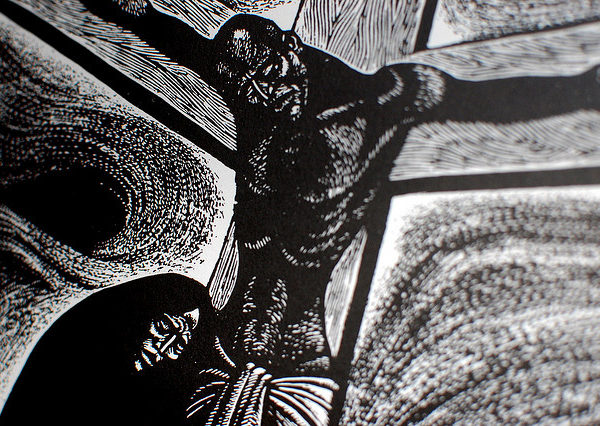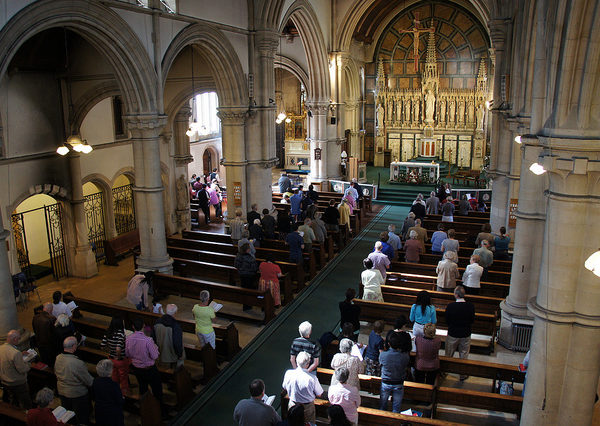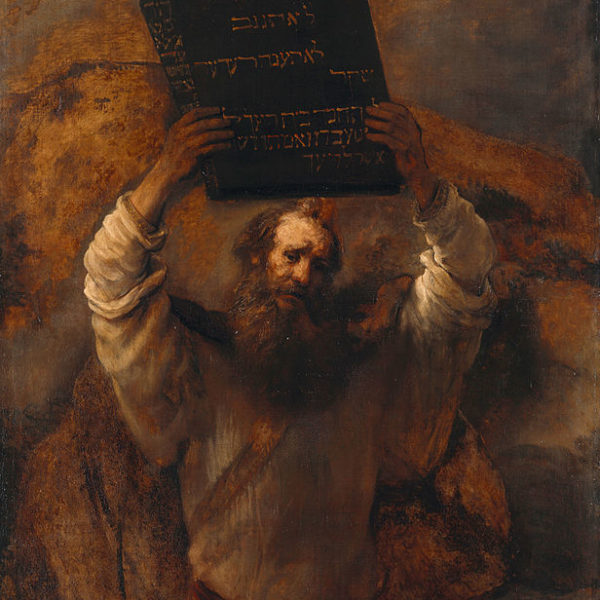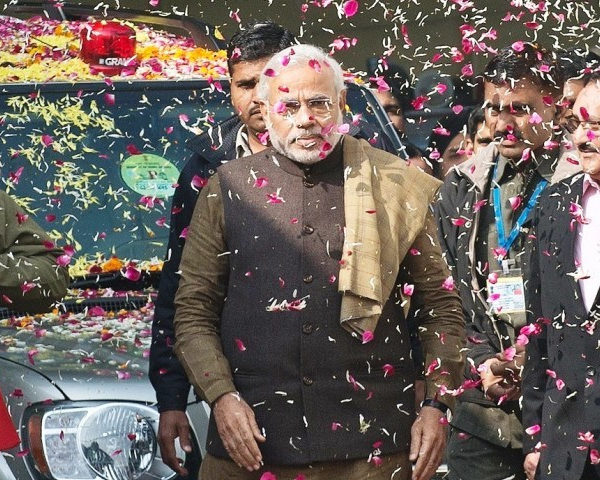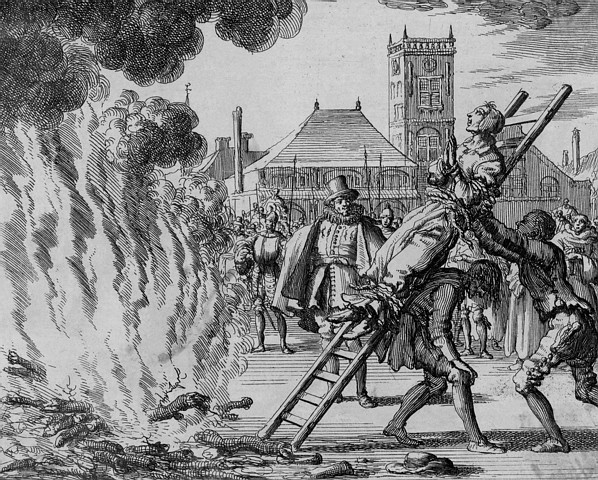
There’s a fable I often heard growing up, about a Mennonite man (or Amish or Brethren, depending on where the story is being told) who was asked whether he was a Christian. His response: “Ask my neighbors.” The story encapsulates a certain historicist impulse in the Anabaptist tradition: the commitments we claim matter less than the commitments we embody. I first learned to care about the history of my community for just that reason. We learn who we are by considering honestly how we have lived.
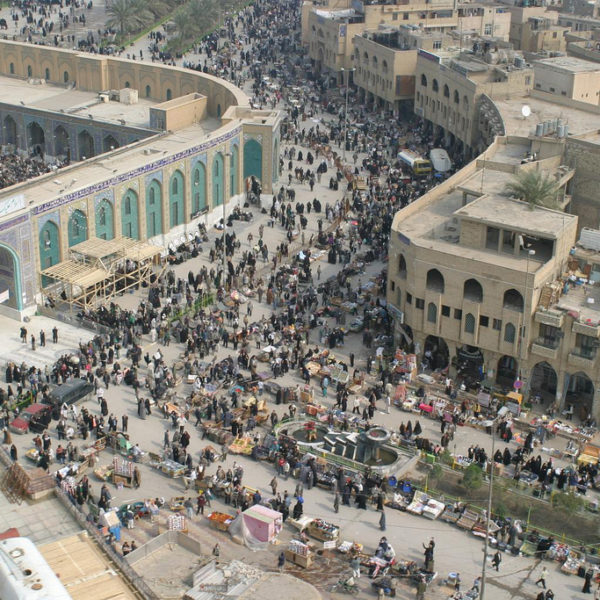
The attack of The Islamic State of Iraq and al Sham (ISIS) on Mossul and its march on Baghdad has taken the international community by surprise and raised the possibility of another US intervention in Iraq, with the hope it could prevent the downfall of the country into a sectarian war. Such a scenario is highly improbable because of the nature of the Iraq crisis that is first and foremost political and not religious.
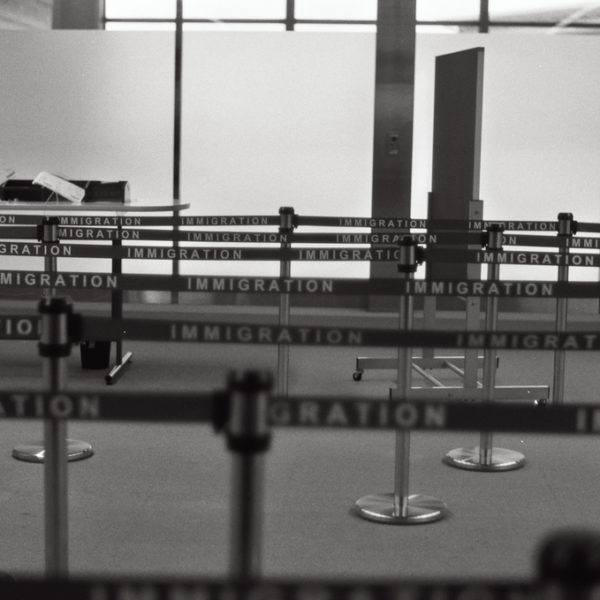
. . . Pastors and church-leaders for the past two years have been very vocal in their efforts to ‘welcome the stranger’ through immigration reform and in so doing are reframing evangelical Christian concerns beyond the rote of life-issues. . . . Though evangelical leaders have pushed for reform, this hasn’t yet filtered down to evangelical congregations who are amongst the most skeptical of CIR. The Public Religion Research Institute (PRRI) noted in 2013 that white evangelical Protestants were the least likely of all religious groups to support a path to citizenship for illegal migrants.
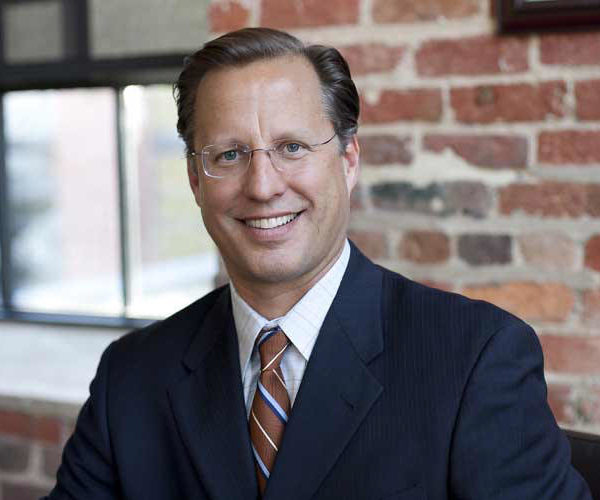
David Brat’s upset of Eric Cantor in Virginia’s District Seven congressional race last week generated waves of buzz, with no small stir churning in the Christian blogosphere. Although political upstarts, especially those that identify as conservative Christians, always tend to create a storm of media buzz, the close attention to Brat is perhaps more justified than most. As I hope will become clear in this brief profile of Brat’s scholarship and political theology, Brat’s somewhat bewildering and seemingly idiosyncratic synthesis of theology and economics illustrates the tensions endemic to the increasingly-libertarian sectors of the Christian Right.
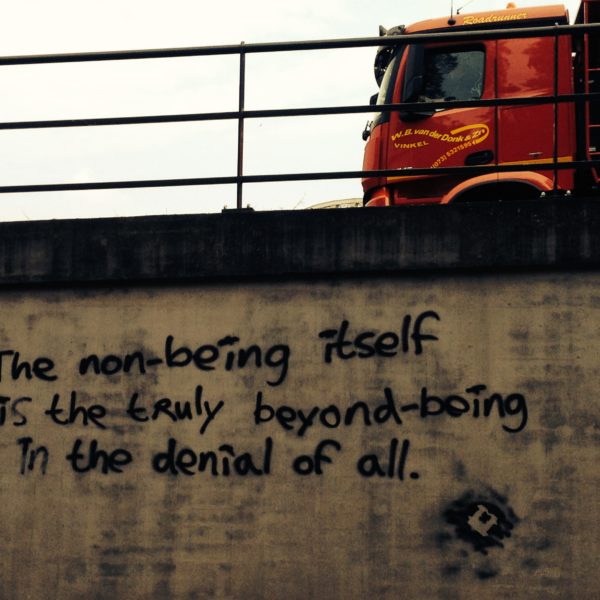
. . . The underlying structural crisis does not seem to have gone away. Indeed, in the last year and, more perspicuously in the past two weeks, it has found a more demanding as well as disquieting focus — student debt as well as the economic albatross of the maturing millennial generation itself. . . . The real scandal is the monstrous moral hazard that the student loan lending system has spawned. It amounts, according to Taibbi, “a shameful and oppressive outrage that for years now has been systematically perpetrated against a generation of young adults.”
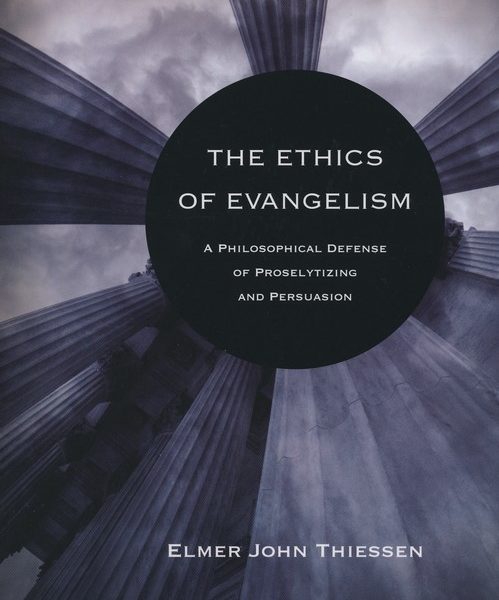
The activity of religious proselytizing or evangelism is often under attack, and would seem to be increasingly so today. Sometimes critics suggest that most proselytizing is immoral, while at other times they call into question the very institution of proselytizing. In other words, proselytizing is considered to be immoral by its very nature. This opposition to proselytizing spills over into the political realm, with at times growing world-wide restrictions on religious freedom and the right to proselytize.
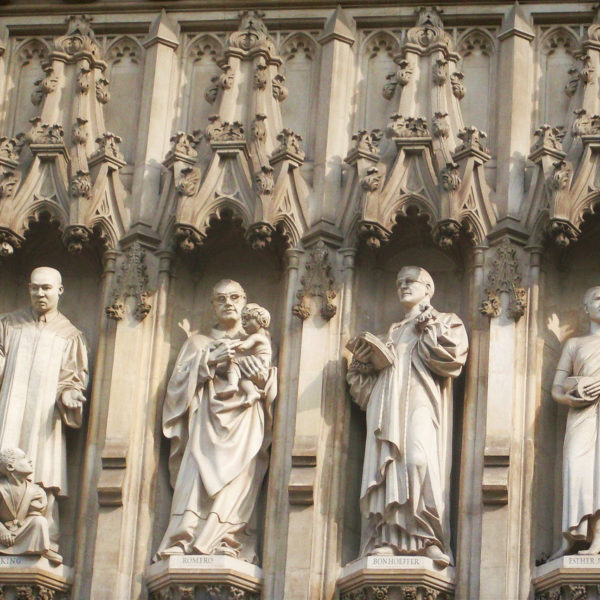
. . . Here, I focus on Dietrich Bonhoeffer’s theology of friendship. My underlying proposal is that Bonhoeffer’s particular approach to friendship which emphasizes concrete, personal encounter with “the other” in community is uniquely suitable for Christians in an increasingly pluralistic, politically polarized, and techno-social world. My hope is that Bonhoeffers theology and praxis can challenge us to think more deeply and comprehensively about what is required for Christian witness in the 21st century.
